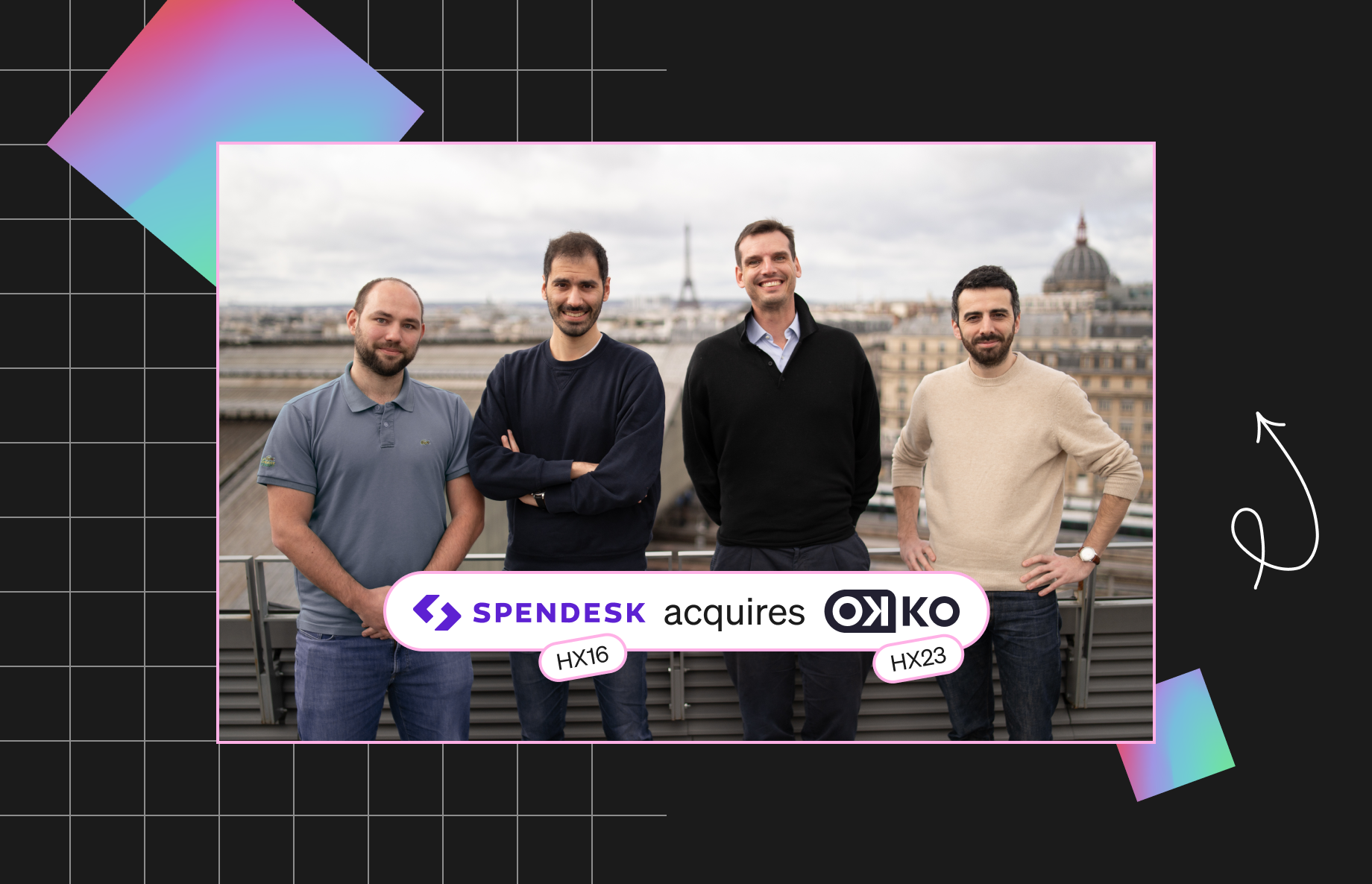We cracked the startup studio model. The statement may seem a bit presumptuous, but it is looking truer every day. Many have tried…
We cracked the startup studio model. The statement may seem a bit presumptuous, but it is looking truer every day. Many have tried parallel entrepreneurship and have either given up or are still trying to make it work. Despite the rise of the venture builders, few have actually proved the model can work on the long term. Innovation sometimes takes the form of new organisational models, as is the case for the startup studio model. And, like any innovation, the path to a working model is highly iterative.
About the Startup Studio Model
The Startup Studio model seems virtuous on paper. It offers an infrastructure that enables parallel entrepreneurship, multiplying the number of created entities and reducing the resources required to do so.
This model offers two kinds of direct benefits. On one hand, limiting entrepreunarial risks . Team, idea, execution and capital risks are all extremely low thanks to the structure provided by the studio. On the other hand, Startup Studios increase speed and lower cost by offering an economy of scale. It increases the probability and the size of success. I like to say that Startup Studios remedy the lack of ecosystem. Making them even more relevant outside Silicon Valley.
In 2011 we imagined eFounders in total opposition with models in existence at the time. We were fascinated by their idea of building companies in parallel, but profoundly disagreed with the dominant model. We wanted to differentiate ourselves from what has been done before by positioning around three pillars:
Firstly, we always privilege innovation versus copycats. Innovation is the fundamental engine of our entrepreunarial spirit. And creative achievement is the most powerful force to attract the best founders.
Second, we believe in entrepreneurs and we think companies must be carried by people with vision and determination. We favor entrepreneurs over managers. We think founders must join the company at the beginning of the creative process and not hired to scale the business. To attract the best entrepreneurs, they need to receive as much equity as they would if they had launched a business on their own.
Third, we believe that each company needs to become independent from the studio as quickly as possible in order to develop their own culture and DNA. It is not just about shipping a viable product. It’s also about shipping a minimum viable team. We push for full autonomy over dependance from the studio’s operational resources.
Finding the right compromise between giving the support required to provide an unfair advantage and giving enough autonomy so that the startup can become independent and find its own culture is what’s made the eFounders model successful.
The success of a studio isn’t measured by assessing the theoretical virtue of its model, but by the resulting output. It takes time to be able to confirm the success of a studio and it has to be analysed only regarding the quality of its projects.
We have built a unique portfolio
Saying “since 2011, eFounders has launched 23 companies” doesn’t do justice to the work we’ve actually accomplished in that time. It may sound like we’ve invested in 23 startups in 8 years. The truth is that creating a startup has nothing to do with with early-stage investing, even with a very hands-on role. Building a company starts with coming up with an idea. Then convincing ourselves that this idea worth the time and the energy that will be required to transform it into reality. Then convincing two entrepreneurs to dedicate a great part of their life to the adventure. It requires times and passion. Once it’s done, you still need fast-paced execution over the course of several months to build the MVP, prepare the go-to-market strategy, and most of all hire the team that will make the project independent from the studio. It takes rigor and perseverance. Of course we are supported by entrepreneurs who drive the entire project and the team, but each time we build a new company it requires the amount of energy need to launch a single company. That part can not be pooled or replaced.
That being said we can come to the numbers. eFounders has launched 18 independent companies from scratch since 2011 : TextMaster, Mailjet, Mention, Front, Aircall, Illustrio, FoxIntelligence, Hivy, Forest, Spendesk, Slite, Station, Briq, Upflow, Equify, Multis, Zenvest, Yousign

Out of these 18 companies, 4 companies have been acquired: Textmaster, Mention, Hivy and one more to be soon announced . eFounders’ portfolio companies are employing more than 1000 people primarily in Paris, San Francisco and New York. The portfolio’s total valuation is over $1B, and has doubled each years since the start of the adventure. Cumulatively, our companies generate more than $100M ARR (Annual Recurring Revenue) and have raised over $250M with the leading VCs in the US and Europe.
We have worked with 24 entrepreneurs. And the credit goes to them: without their energy and passion, our model couldn’t work. They’re the one who dedicate their life every day for years, while we move to a more advisory role. We are infinitely grateful for their persistence and we admire their talents. They are sincerely doing better than we could have done at their place.
We are currently working on 5 news ventures that will be launched in the following weeks : Bonjour, Cycle, Swan, Once, Folk. Like the 20 companies before them, we aren’t building companies designed to be sold but to create value on the long term and to build the future of work.
The future of work
As mentioned last year in the previous letter, our goal at eFounders is not to build a startup studio. The “Startup Studio” model is what we have been using to convey our mission. Our mission is to build the tools used by the next generation of people at work. We want to create a software galaxy covering every need for companies and employees. We are building both business-specific software (Upflow, Spendesk) that covers operational needs, and productivity software (Slite, Station) to enable collaboration and productivity for employees.
We are building software that support our vision of the work of tomorrow.
Teams are being spread in the time and space creating more flexibility at work and less rigidity. Home office, remote work, globalization, time difference all have a big impact on communication, hiring, operation, shared knowledge, decision-making. It creates a lot of opportunities for an entire new category of software.
The evolution of technology and working habits have paved the way for a new generation of truly collaborative software. Collaboration enables collective intelligence, the value created by the group is higher than the sum of every individual contribution. Content consolidation (knowledge base), real-time interactions or complex workflows are good examples of forms of collaboration.
Artificial Intelligence, in the sense of intelligence brought by the machine will make the future of work less painful and free room for greater creativity. It isn’t about replacing the human but about automating repetitive tasks, enriching content or assisting her in being better at what she is doing.
We aren’t synthesising a cure for cancer, we aren’t inventing a new food source to solve world hunger, and we aren’t designing solutions to address global warming. However, we’re doing our best to inspire new ways of working, to make the life better for people at work, a place where they spent a third of their lifetime. Contact us if you want to join the us on our mission.
.gif)







.png)
